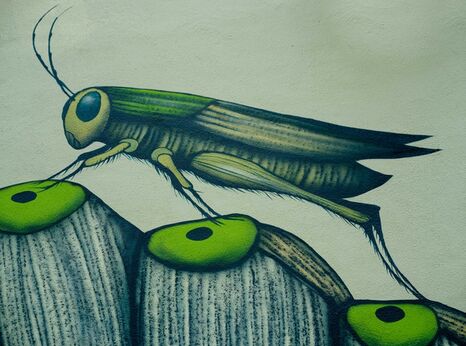Human rights defenders under attack

Human rights defenders play an integral role in Afghan society and have promoted civic education, awareness of human rights, carried out their own research into human rights violations and abuses through ‘shadow reports’, and advocated for an end to serious human rights violations, including discrimination and violence against women and minorities.
In speaking up for and working to defend human rights, human rights defenders in Afghanistan are continuously facing intimidation, harassment, threats and violence – from both the authorities and armed groups. They have been vilified as “western spies”, “anti-religious” and “anti-culture”. In deeply conservative parts of the country, they have dared to speak up for human rights in defiance of local religious leaders.
In September 2019, Abdul Samad Amiri, a provincial official of the Afghanistan Independent Human Rights Commission (AIHRC), was abducted and killed. In November 2019, human rights defenders Musa Mahmudi and Ehsanullah Hamidi, who had exposed the existence of a pedophile ring and revealed more than 100 instances of the sexual abuse suffered by boys in Logar province were arbitrarily detained by the National Directorate for Security, Afghanistan’s top intelligence agency. In March 2020, eight prominent human rights defenders were threatened to death in Kabul. In April 2020, Ibrahim Ebrat, a vibrant human rights defender was shot in Zabul province and his colleague was threatened to death. In the same month, Wida Saghary, a prominent women human rights defender was threatened to death. In June 2020, two human rights workers from AIHRC lost their lives in an IED attack on their way to office.
The Afghan constitution guarantees key human rights. The preamble to the constitution avowedly observes “the United Nations Charter as well as the Universal Declaration of Human Rights” and commits to the formation of “a civil society void of oppression, atrocity, discrimination as well as violence, based on rule of law, social justice, protecting integrity and human rights, and attaining peoples’ freedoms and fundamental rights.”
Article six of the constitution says that “the state shall be obligated to create a prosperous and progressive society based on social justice, preservation of human dignity, protection of human rights…” Articles 21 to 59, inclusive, guarantee human rights including, the right to equality before the law, the right to life, the right to liberty, the right to a fair trial, the prohibition against torture, the right to legal representation, the right to freedom of expression, the right to association, the right to peaceful assembly, the right to freedom of movement, the right to education, the right to work, and the prohibition on forced labour.
Afghanistan has also ratified several UN treaties on human rights, including the Convention Against Torture and its optional protocol, the International Covenant on Civil and Political Rights, the Convention on the Elimination of All Forms of Discrimination Against Women, the International Convention on the Elimination of All Forms of Racial Discrimination, the International Covenant on Economic, Social and Cultural Rights, the Convention on the Rights of the Child and its optional protocols, and the Convention on the Rights of Persons with Disabilities.